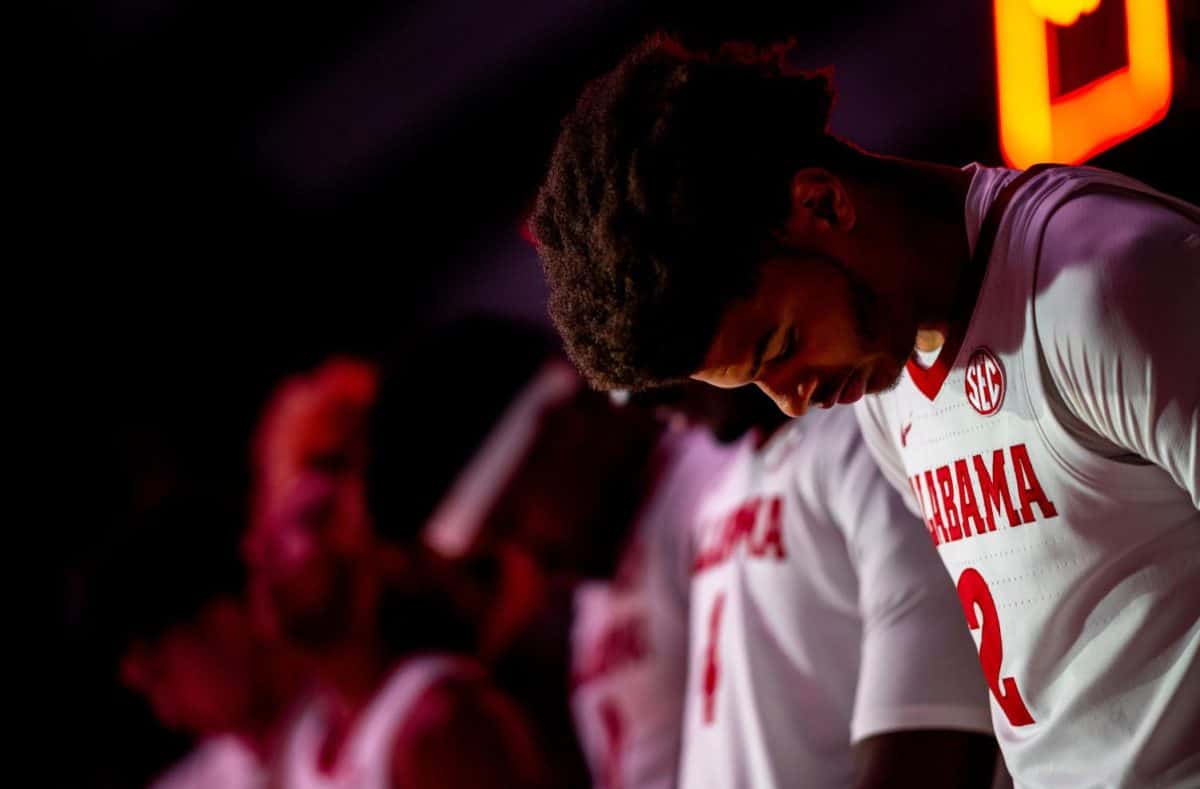Terry’s pseudo-feminist argument has problems throughout; however, it seems that perhaps the biggest issue is that she has mistaken privilege for misogyny. As defined by scholar and feminist thinker Peggy McIntosh, privilege “[works] to systematically overempower certain groups… [it] simply confers dominance because of one’s race or sex.” Taking into account an actual definition of privilege, it is easy to see that women are not privileged in Southern society in any way. Some might attempt to argue that women benefit from the aforementioned “privileges,” but how can we benefit from a system that sees us as so weak that we can’t even open our own door or walk down stairs without assistance?
The actual gender-based issues Terry cites are not specific to Southern culture, despite her argument that they are. On the other hand, there are issues Southern women face more often and in a greater capacity than women in other areas of the United States. These issues include a lack of access to reproductive healthcare, restricted access to government assistance programs like WIC and SNAP, a pay gap that’s more than 5 cents below the national average and a heterosexist purity culture that limits female sexuality. But, because heads are tipped at our passing, we Southern Belles are privileged.
Additionally, female-bodied people who might not identify as women, lesbians, transwomen, other women of the LGBT community, women of size, women of color or any women who do not fit into the normative, cisgender-specific argument Terry presents are at even more of a disadvantage in Southern society. The aforementioned “privileges of Southern womanhood” generally only apply to white women whose gender performance and identities do not break or challenge societal norms.
Though it’s true that women may be leaving the South in search of better economic opportunities elsewhere, it is important not to overlook the other systemic issues facing women in the South. It is perhaps even more important to understand systems of oppression, not to conflate paternalism with privilege and to realize that various identities intersect with “womanhood” and create layered oppressions that put particular women at an even larger disadvantage. The privileges of staying in the South will only outweigh the price when women (including non-binary female-bodied people and LGBT women) are not regarded as second-class citizens.
Cassidy Ellis is a second-year graduate student studying women’s studies.






